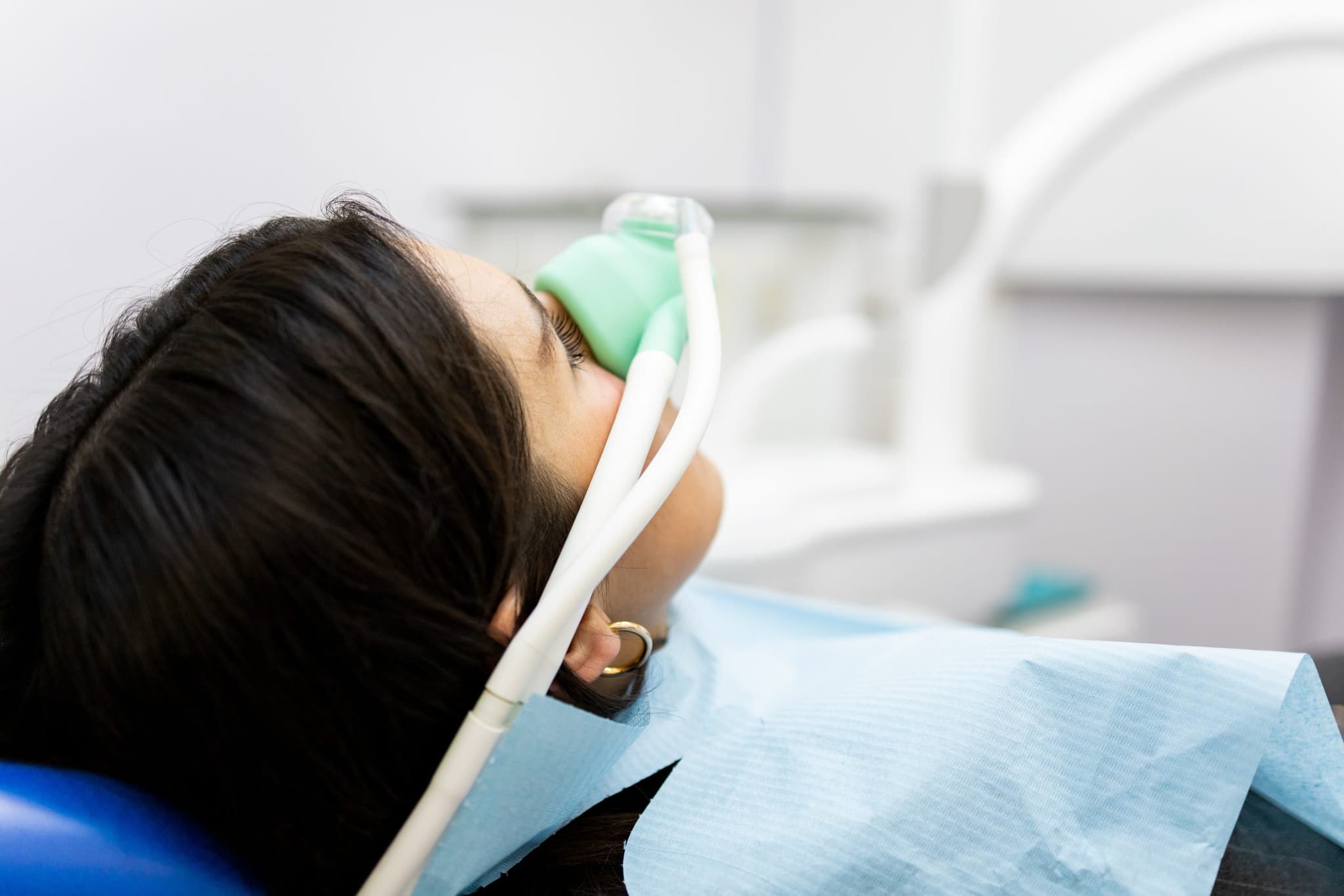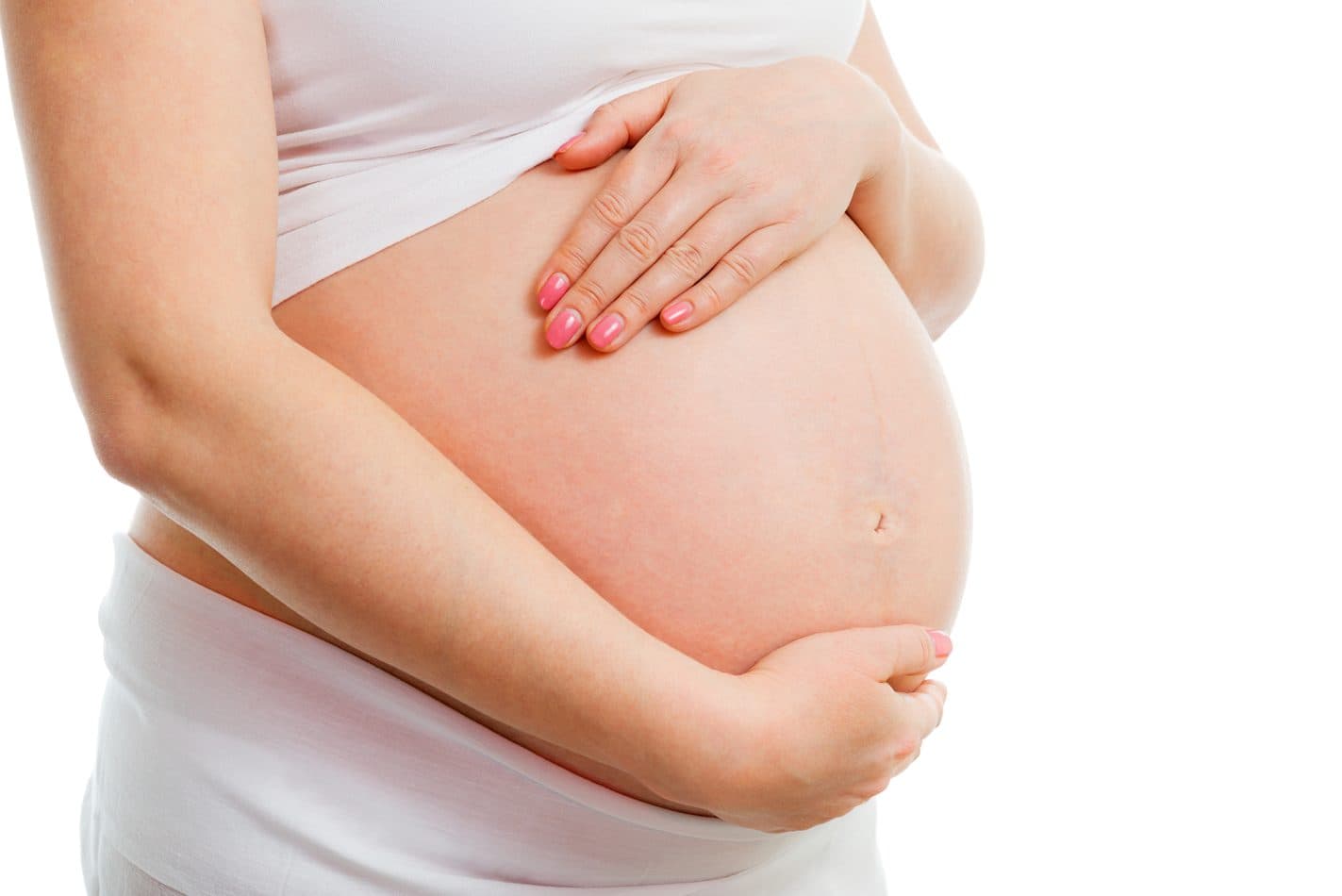
2025-12-17T17:11:43
Why OBGYN Clinics Are Using Nitrous Oxide for Pain Relief
- OB/GYN
June 3, 2016 | OB/GYN • Women and Children's Center
Specialties:OB/GYN

It can sometimes be dangerous for older women to conceive a child. Some of the worst-case scenarios are low birth weight for the baby, Down syndrome or other chromosomal abnormalities, miscarriage in late term, gestational diabetes and a higher chance of Cesarean delivery.
Advanced maternal age is a touchy subject for mothers. It’s not meant to have a bad connotation, but it does put anyone 35-years and older in that classification group when they conceive a baby. It might not seem like 35 is old at all.
According to the National Center For Health Statistics, which is affiliated with the Center For Disease Control, the average age for a woman to have a baby is roughly 27-years-old, up two years from the average 15 years ago.
It’s a fact that women are waiting longer to have babies than they were decades ago. Many people are happier getting established first in their careers, having the right finances in place and a home they can bring a baby into before they consider getting pregnant. That means that it’s not uncommon for 30-something, and even 40-something women to get pregnant.
The average age for a woman to have a baby is roughly 27-years-old, up two years from the average 15 years ago.
Plus, with the advances in fertility technology like egg freezing and in vitro fertilization for women, they feel like they don’t have to rush into getting pregnant. What that means is there are more and more older mothers out there having children that need high-risk pregnancy providers to consider their special needs.
The importance of proper prenatal care cannot be overstated to monitor the healthy progress of the pregnancy for both mom and baby. For some women who have been pregnant multiple times, they describe the feeling of being pregnant in their 20’s completely different from carrying a baby in their 30’s and beyond. That might not be the case for everyone, but overall, women’s bodies are more resilient when they aren’t at an advanced maternal age.
You might find that your doctor is putting you through more prenatal tests than the average woman. Those sometimes include amniocentesis and CVS tests (chronic virus sampling). This helps determine that the baby is hitting all the growth milestones they should be, and that the baby doesn’t have any chromosomal abnormalities.
At Revere Health, our main goal is to have you leave the hospital with a healthy baby, no matter what your age is. Every woman deserves the chance to become a mother if they want it. Making sure that the process is as smooth as possible is a job we do best. If you feel like you have extra concerns being over 35, don’t hesitate to talk to us about it. We’re happy to guide you every step of the way to lessen your anxiety about motherhood.
WRITTEN BY:
The Live Better Team

2025-12-17T17:11:43

2025-11-21T14:10:25

2024-09-19T11:59:35

2019-12-31T15:15:01
This information is not intended to replace the advice of a medical professional. You should always consult your doctor before making decisions about your health.